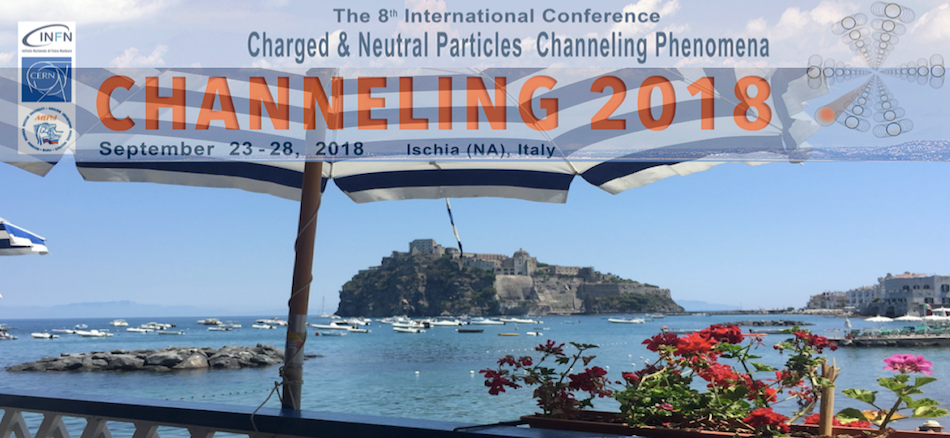Speaker
Prof.
Vladimir Vysotskii
(Kiev National Shevchenko Univ, Kiev, Ukraine)
Description
In the paper the results of the investigation of the effect of undamped (self-channeled) thermal waves on low energy nuclear fusion in a remote TiD target are presented. These waves are formed on the reverse side of the metal (cavitation) target, which is affected by the jet of water in a state of cavitation, and are characterized by strictly defined frequencies (in air under normal conditions and different humidity, the minimum frequency of such a wave is equal to ω=75…85 MHz [1,2]. These waves can propagate in air for a long distance without absorption (in the laboratory - more than 2 meters and this distance was limited only by the size of Lab).
It is shown for the first time that the action of such waves on a remote "nuclear" target (made of deuterated polycrystalline titanium) generates intensive flow of alpha particles, the axial direction of emission of which corresponds to the geometry and orientation of the "nuclear" target.
The possible mechanism of low energy nuclear fusion optimization is associated with the formation of coherent correlated states of deuterons [3,4] in non-stationary potential nano-wells in a volume of loaded titanium under action of these waves.
The features of this mechanism are also discussed in the report.
1. Vysotskii V.I., Kornilova A.A., Krit T.B., Vysotskyy M.V. Surface, 2017, v.11(4), 749-755.
2. Kornilova A.A., Vysotskii V.I. et al. Engineering Physics, 2018, №5, 13-22 (in Russian).
3. Vysotskii V.I., Vysotskyy M.V. European Phys. Journal A, 2013, 49, 99.
4. Vysotskii V.I., Vysotskyy M.V. Journal of Experimental and Theoretical Physics, 2017, 152(8), 234.
Primary author
Dr
Alla Kornilova
(Lomonosov Moscow State University)
Co-authors
Dr
Sergey Gaydamaka
(Lomonosov Moscow State University)
Dr
Timophey Krit
(Lomonosov Moscow State University)
Prof.
Vladimir Vysotskii
(Kiev National Shevchenko Univ, Kiev, Ukraine)

